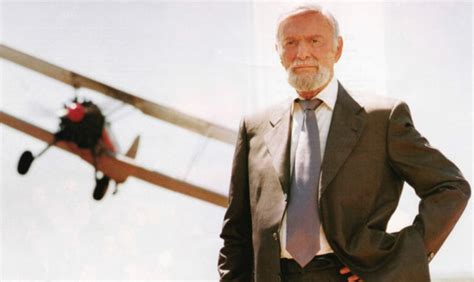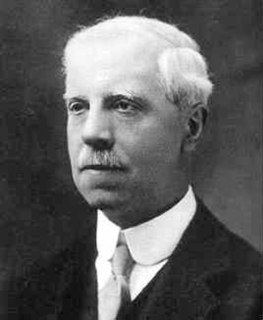A Quote by Akhil Sharma
To me exposition always contains tenderness. While a dramatized scene is a way of proving and guaranteeing an emotional experience for the reader, exposition assumes that the reader is sophisticated and can see the universal.
Quote Topics
Related Quotes
One of the tricks is to have the exposition conveyed in a scene of conflict, so that a character is forced to say things you want the audience to know - as, for example, if he is defending himself against somebody's attack, his words of defense seem Justified even though his words are actually expository words. Something appears to be happening, so the audience believes it is witnessing a scene (which it is), not listening to expository speeches. Humor is another way of getting exposition across.
The book is finished by the reader. A good novel should invite the reader in and let the reader participate in the creative experience and bring their own life experiences to it, interpret with their own individual life experiences. Every reader gets something different from a book and every reader, in a sense, completes it in a different way.
Whenever we pride ourselves upon finding a newer, stricter way of thought or exposition ? we lose something of the ability to think new thoughts. And equally, of course, whenever we rebel against the sterile rigidity of formal thought and exposition and let our ideas run wild, we likewise lose. As I see it, the advances in scientific thought come from a combination of lose and strict thinking, and this combination is the most precious tool of science.
I wanted to pack a lot into the lyric, but not go beyond its bounds. Some have written that I wanted to expand what the lyric could do. I just want the hugeness of experience-which includes philosophical discursiveness-to move at a rate of speed that kept it (because all within one unity of experience) emotional. Also, often, questions became the way the poems propelled themselves forward It brings the reader in as a listener to a confession[.] A poem is a private story, after all, no matter how apparently public. The reader is always overhearing a confession.
[The works of Archimedes] are without exception, monuments of mathematical exposition; the gradual revelation of the plan of attack, the masterly ordering of the propositions, the stern elimination of everything not immediately relevant to the purpose, the finish of the whole, are so impressive in their perfection as to create a feeling akin to awe in the mind of the reader.
The first rule is you have to create a reality that makes the reader want to come back and see what happens next. The way I tried to do it, I'd create characters that the reader could instantly recognize, and hopefully bond with, and put them through situations that keep the reader on the edge of their seat.
By clarity I don't mean that we're always in kind of a simple area where everything is clear and comforting and understood. Clarity is certainly a way toward disorientation because if you don't start out - if the reader isn't grounded, if the reader is disoriented in the beginning of the poem, then the reader can't be led astray or disoriented later.

































